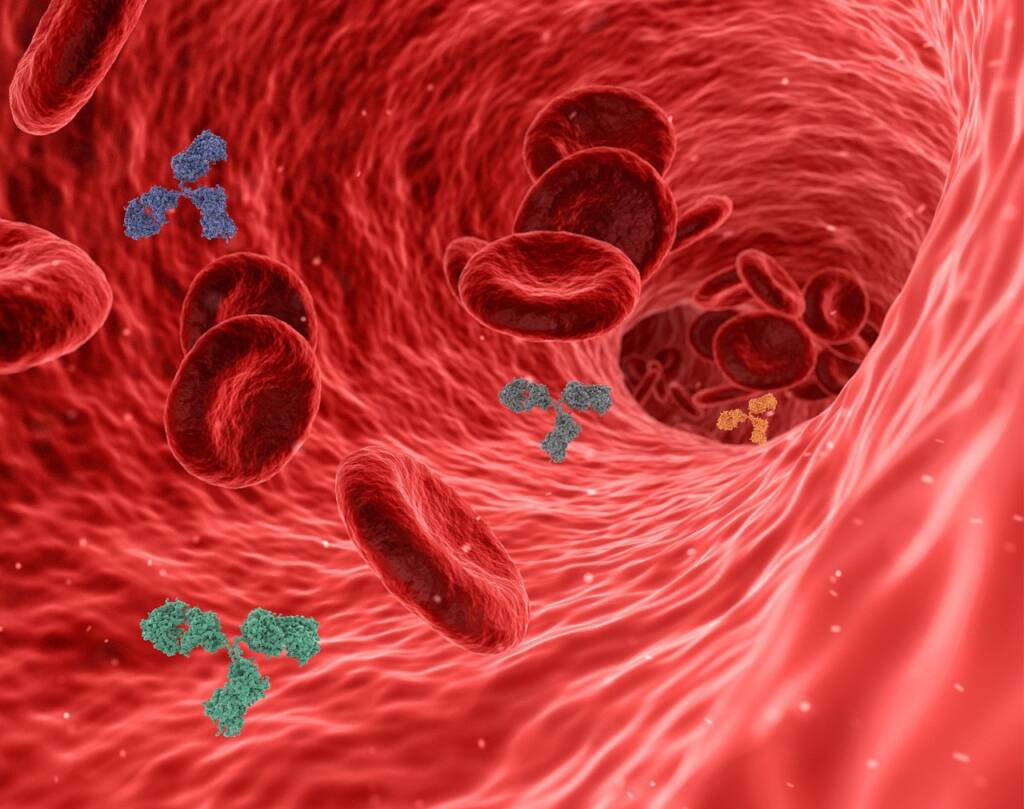What is chronic Inflammation?
Chronic inflammation is a long- lasting, persistent inflammatory response that occurs in the body, and it can contribute to the development of various diseases, including arthritis, heart disease, diabetes, and certain types of cancer. Therefore, managing chronic inflammation is for maintaining overall health and wellbeing.
Chronic inflammation is a persistent and ongoing inflammatory response that can last for months or even years. It is a known risk factor for various diseases, including arthritis, diabetes, cardiovascular disease and cancer.
When something damages yourself, your body releases chemicals that trigger a response from your immune system. This response includes the release of antibodies and proteins, as well as increased blood flow to the damaged area. In the case of acute inflammation, like getting a clot on your knee or dealing with a cold, the whole process usually lasts for few days. Chronic inflammation happens when this response lingers living or body in a constant state of alert. Over a period of time, Chronic inflammation may have a negative impact on your tissues and organs.
When you are living with chronic inflammation, your body’s inflammatory response can eventually start damaging healthy cells, tissues and organs. Over a period of time, this can lead to tissue damage. All of these are linked to development of cancer, heart disease, type 2 diabetes, cognitive decline and dementia.
Let us begin with definition of inflammation; –
It is essential part of bodies healing process and body’s immune response to virus, bacteria, toxic chemical, and injury. In addition, sends out inflammatory cells and cytokines to trap bacteria and start healing. https://sparklinglifestyle.in/liver-and-gallbladder-health/
Symptoms; – Redness, heat, swelling and pain.
2 types; Acute and chronic.
Acute; It happens when needed.
On the other side, Chronic; It happens repeatedly without a reason.

Causes of chronic inflammation:
Poor diet (processed foods, sugar and unhealthy fats), lack of exercise, obesity, stress, sleep disorders, smoking and excessive alcohol consumption, environmental toxins, pollution, heavy metals, chronic infections, bacteria, viruses, fungi, autoimmune disorders (rheumatoid arthritis and lupus).
Now, move ahead, signs of chronic inflammation; –
- Fatigue.
- Fever.
- Joints pain and stiffness.
- Skin issues.
- Abdominal pain.
- Body pain.
- Insomnia.
- Anxiety and mood disorders.
- Too much weight gain or weight loss.
- Frequent infection.
- Headache.
- Sometimes Constipation or sometimes diarrhea.
- Acid reflux.
- Heart disease.
- Rheumatoid arthritis.
3 fundamental concepts; –
- Inflammation is at the root of practically all diseases.
- Moreover, Chronic inflammatory disease develop overtime.
- Furthermore, Environmental exposure influences the risk of developing autoimmune diseases.
Dealing with chronic inflammation; – For example,
- Lose fat.
- Avoid gluten, sugar, and milk.
- Avoid packaged foods.
- Have more fruits and veggies.
- Quality sleep.
- Adequate movement.
- Reduce stress.
Top foods for reducing chronic inflammation; – For example,
- First, citrus fruits such as Tomatoes and lemons (According to bio individuality)
- Then, Leafy greens Which contain phytonutrients and antioxidants.
- Bell peppers are also beneficial.
- In addition, herbs like Turmeric, Ginger, garlic, and lemon.
- On the other hand, water rich foods such as Cucumber and muskmelon.
- similarly, Coconut is also helpful as it contains MCT (Medium-chain triglycerides).
- Moreover, some fruits such as Orange, Papaya, and pineapple
- Soaked almonds and walnuts. Most nuts are high in healthy fats, such as monounsaturated fats and polyunsaturated fats, as well as Omega 3 fatty acids and fiber.
- Furthermore, some seeds like Flax seeds and pumpkin seeds as they contain omega-3 fatty acids.
- And last Seasonal fruits and vegetables.
- Adopt an anti-inflammatory diet, Mediterranean style. Increase Omega 3 fatty acids, salmon and flaxseeds. Eat antioxidants rich foods (berries and leafy greens). Avoid processed and sugary foods.
- Incorporate regular aerobic exercise, brisk walking and cycling. Strength training and high intensity interval training. Yoga and stress reducing activities.
- Incorporate Meditation and mindful practices, deep breathing exercises cognitive behavioral therapy to reduce stress.
- Quit smoking and limit alcohol consumption. Improves sleep hygiene 7 to 8 hours of restorative sleep per night. practice good hygiene and infection control.
Conclusion:
In conclusion, dealing with inflammation requires a holistic approach. Lastly, consult with a doctor to identify the underlying cause and develop a personalized treatment plan. Chronic inflammation is a complex condition that requires a multi-faceted approach by understanding the cause, symptoms and management strategies. You can take control of your health and reduce the risk of chronic disease. Remember to consult with a doctor before starting any new supplements or medications. With patience, persistence, consistency and right guidance, it is possible to manage chronic inflammation and improve overall well-being.



Leave a Comment